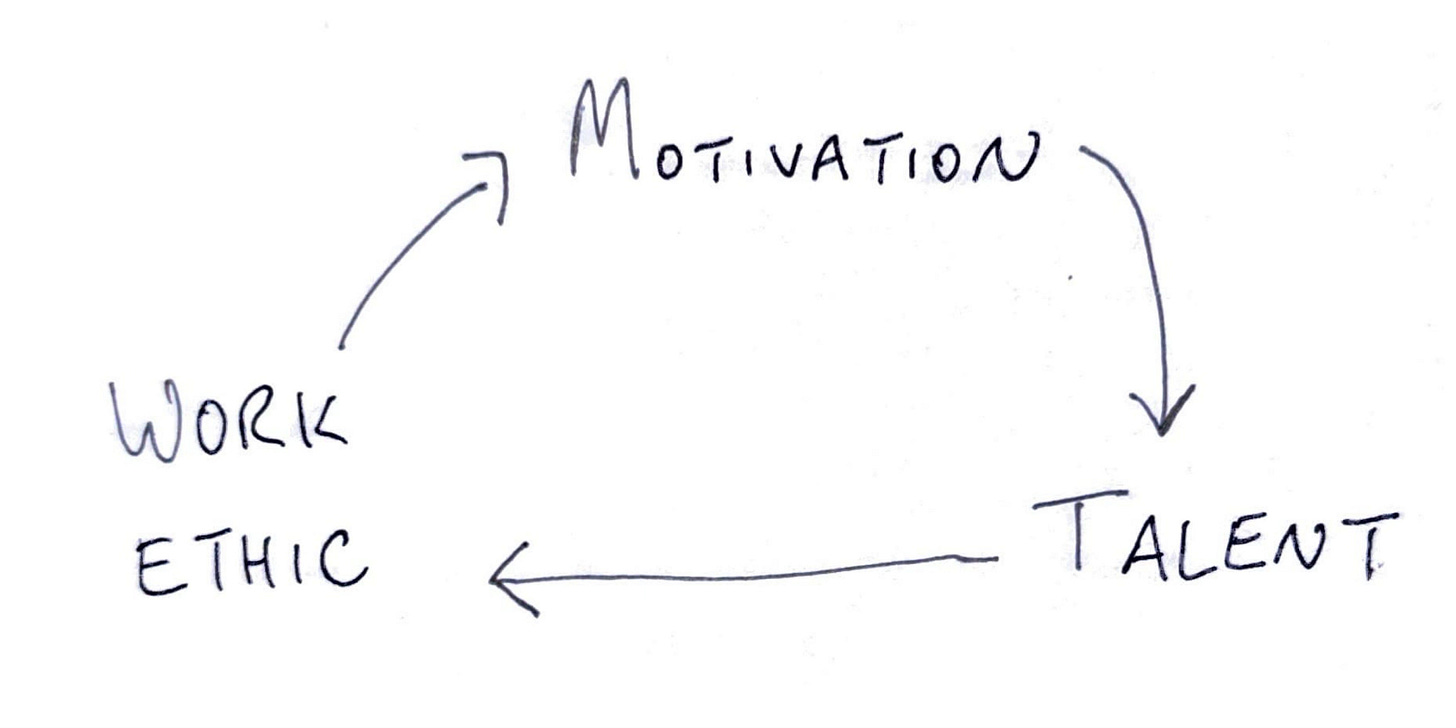Principles
This is Part Six of a series on family strategy. Here are the links to Part One, Part Two, Part Three, Part Four and Part Five.
My wife and kids don’t spend weeks journaling, strategizing and thinking about how best to go about the next five years.
They’re more focused on the here-and-now.
Do’s & Don’ts
Principles help me guide my allocation of the currencies we talked about at the end of Part Five.
Don’t spend time & emotion on assets.
Don’t facilitate someone being something I’m not.
Do help people work with their natural talents.
Do notice where family members enjoy helping others.
Let’s dig in.
Time & Emotion
There is no end to the opportunities to drain energy & spend emotion.
Don’t Buy Assets (that drain resources)
Do Spend Time With Each Other
Simple, yet easy to lead ourselves astray.
Authenticity
Comes back to the extract of our family values statement:
All members should be providers for themselves and their dependents as best they can in the lives they choose to lead.
Multigenerational Lessons
It’s easier to stay out of other people’s business when we are not financing it.
It’s easier to say no immediately, than later.
Put another way… if someone wants to live differently then it’s best if they sort it out themselves. It’s their call.
What’s my call?
Being authentic to the voice I hear when I look around and think…
These folks aren’t a good fit for where I want to take myself.
This situation doesn’t feel right to me.
There is a lot of discussion here about things that simply don’t matter.
When I notice the above, it's time for a change in venue.
It also means I need to be a “good citizen” when I find communities where I feel at home.
Support That Helps
I can remember the first time I realized my idea of helping a client wasn’t helping. It was an important insight.
There are many situations where my input will prove ineffective, or worse.
One of the great things about writing is we have an opportunity to go back in time and see the areas where we score well, and others, where we score poorly.
Does this person demonstrate a passion to improve in this area?
Does this person have natural talents in this area?
Is this path something I can support?
Sometimes, we need to face up to the fact that we don’t have the aptitude.
Remember my story about our ski years?
My wife’s a world-class masters swimmer but doesn’t have the time/interest to be a top skier.
Looking ahead, it’s easier for me to lift my swim game than for her to grind it out on the slopes. Big financial differential too - roughly the cost of a graduate degree for a motivated kid.
Other times, we may not be comfortable with a path.
A friend tracked his kids away from freestyle skiing due to the injury rate.
My kids tracked themselves out of jujitsu, and water polo.
Our family shifted towards high school sports from more expensive alternatives.
Action isn’t always required. Sometimes all I need to is stand back and have a look around.1
Since our kids were born, my wife’s been supporting their development.
Against that background, I’ve been taking them traveling and mixing up their schedules.
It can be fun, but is it necessary?
Help That Isn’t Work
As a parent, what do you like to do?
My best environment is on the field.
My wife, on the other hand, loves watching our kids perform.
Or take something as simple as driving: my wife treasures her 1-on-1 conversations with our kids when driving.
If we get the match-up incorrect:
Me => driving to watch a long event from the bleachers
Her => gripped at the top of an icy field of moguls
…it doesn’t work well.
But if we pause, and notice what does work, then we can bring more of that into our family.
This is similar to my observation that childcare should be used to support the marriage. As the kids grow up, currency (time, money, emotion) support areas where they are self motivated.


